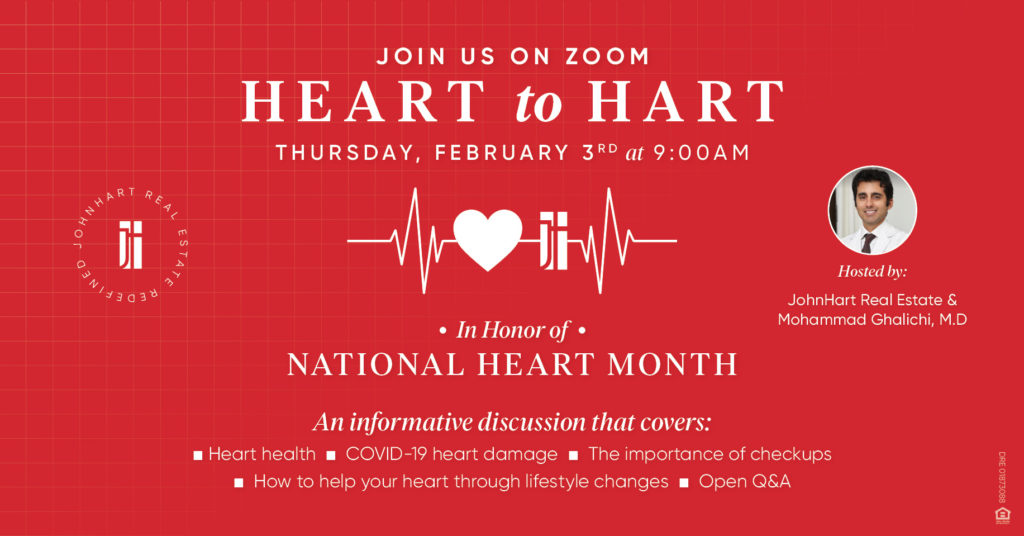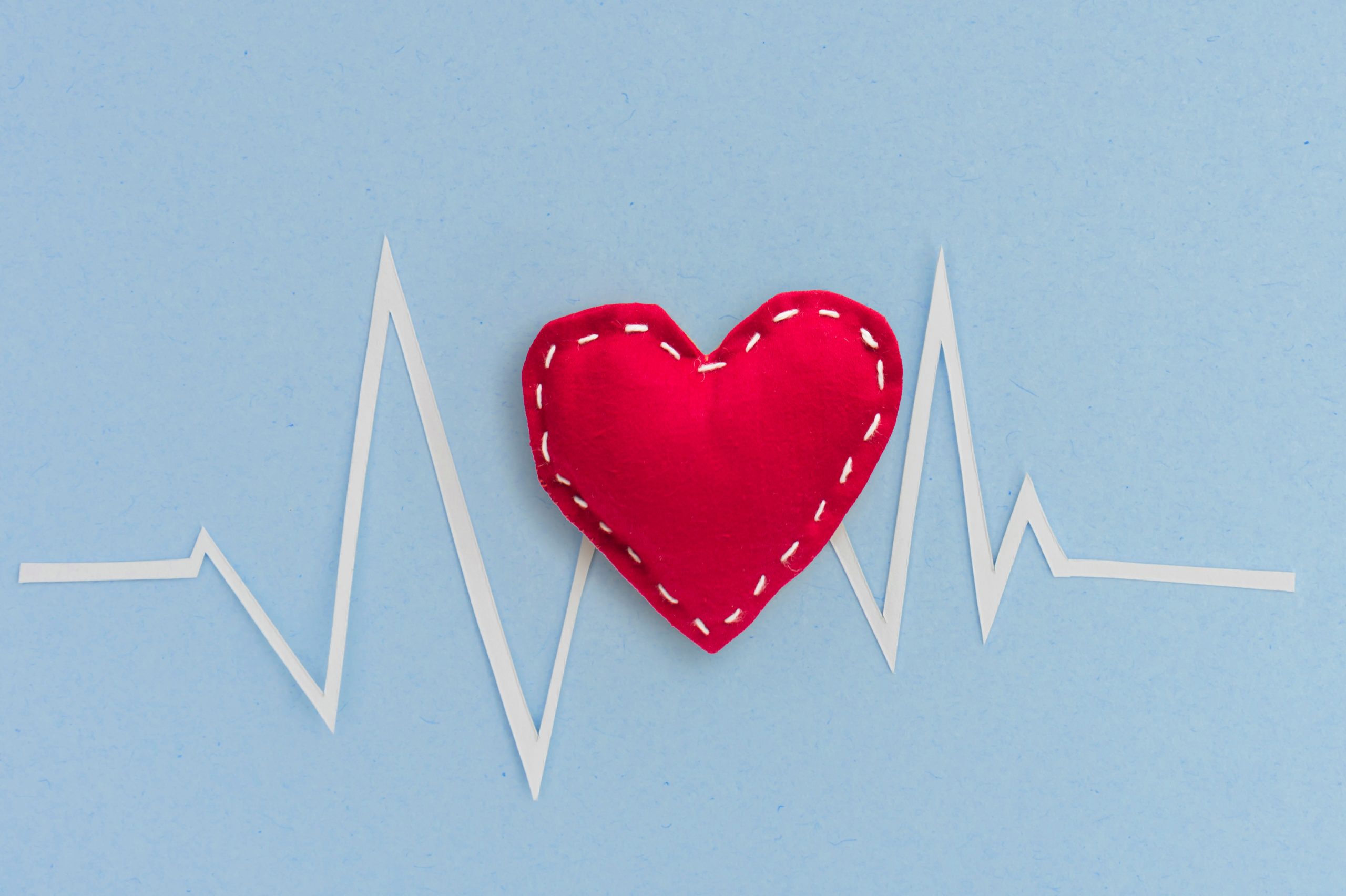It’s been nearly two years since the first cases of the novel Coronavirus were reported, and since then, we are learning more about the long-term health damage it can cause. February is National Heart Month, and there’s never been a more crucial time to raise awareness of heart health and get a checkup. If you’ve had COVID-19, your heart may have suffered some damage. Here is some information about these findings and what you can do to check on your heart health.
Why is heart health important?
The heart is more than a symbol on your Valentine’s cards; it’s central to the overall health of your body. According to Harvard Medical School, “the heart beats about 2.5 billion times over the average lifetime, pushing millions of gallons of blood to every part of the body. This steady flow carries with it oxygen, fuel, hormones, other compounds, and a host of essential cells. It also whisks away the waste products of metabolism. When the heart stops, essential functions fail.”
Our hearts are working around the clock our entire lives to keep us going. You may know that eating well, exercising, and reducing stress are important steps to take for heart health. But even people who maintain healthy diets and exercise daily can be at risk for heart disease, heart attacks, and more, due to other factors. It’s important to get your heart regularly checked, especially if you’ve been infected with COVID-19.

Heart problems after COVID-19
As of the time this article is being written, 71.7 million cases of COVID-19 have been reported in the United States alone. While some people have reported having mild or no detectable symptoms, and others have been severely affected and even have “long-haul” symptoms, heart complications can be present in people with COVID-19 regardless of the presence of other symptoms.
COVID-19 causes high levels of inflammation throughout the body. As the body works to fight off the disease, it can weaken or damage tissue, including the heart. It can also damage arteries or blood vessels, which makes it harder for the heart to do what it needs to do, therefore causing eventual damage to the heart.
One study performed cardiac MRIs on 100 people who had previously tested positive for Coronavirus. Out of the 100 people studied, 78 people had abnormal findings. More studies are currently ongoing to determine how severe and common these heart issues are after having COVID-19. So far, the link between COVID-19 and heart complications has been alarming. The best way to protect yourself against long-term heart problems due to COVID-19 is early intervention.

Who should be concerned about these potential heart issues?
If you have tested positive for COVID-19 or suspect you may have had it at some point, you should get your heart checked. If you have an existing health condition (especially a heart condition), you may be at even higher risk for damage to your heart after COVID-19. Your age and lifestyle may also be a factor. Even if you are young and overall generally healthy, there is still a possibility of heart problems after COVID-19.
What is a step I can take to improve my heart health?
The first step toward having a healthy heart is awareness and education. Learning more about heart health and potential risks is an important step to take so you know what your options are. As they say, “knowledge is power.”
In honor of February being National Heart Month, JohnHart is hosting a free informative virtual discussion about heart health. Topics will include the importance of heart checkups, what to expect at a heart checkup, how COVID-19 can cause heart damage, and much more. Special guest esteemed cardiologist Dr. Mohammad Ghalichi, M.D. will be speaking and sharing his knowledge. There will also be an open Q&A for all guests to ask Dr. Ghalichi any questions they might have.
Checking on your cardiovascular health is crucial, now more than ever before. Take this proactive step for your health and join this important discussion to see what life-saving information you might learn.
Date: Thursday, February 3rd, 2022
Time: 9:00am PST
Click here to RSVP and get more information for this free virtual discussion.
Be sure to invite your loved ones to join as well. This session is for everyone.

There’s a lot that experts are still learning about the long-term effects of COVID-19. But in order to take care of yourself and your loved ones, being at the forefront of educating yourself and taking proactive steps will help you live a healthy life. We hope you’ll attend this session and take this step toward better heart health.
Sources for this article:
- Harvard Health Publishing
- Our World In Data
- John Hopkins Journal of Medicine
- American Heart Association
Want to get more content like this delivered directly to your inbox?
Of course, you do!
Enter your email address below to stay in the know.
Contributor, designer & admin for JohnHart Gazette.

